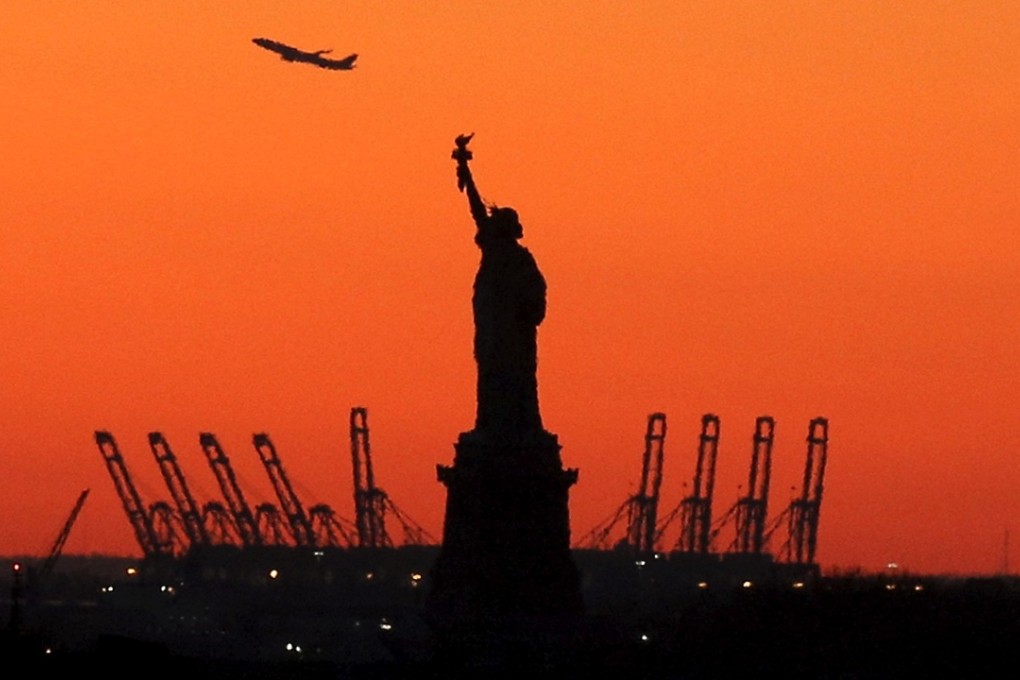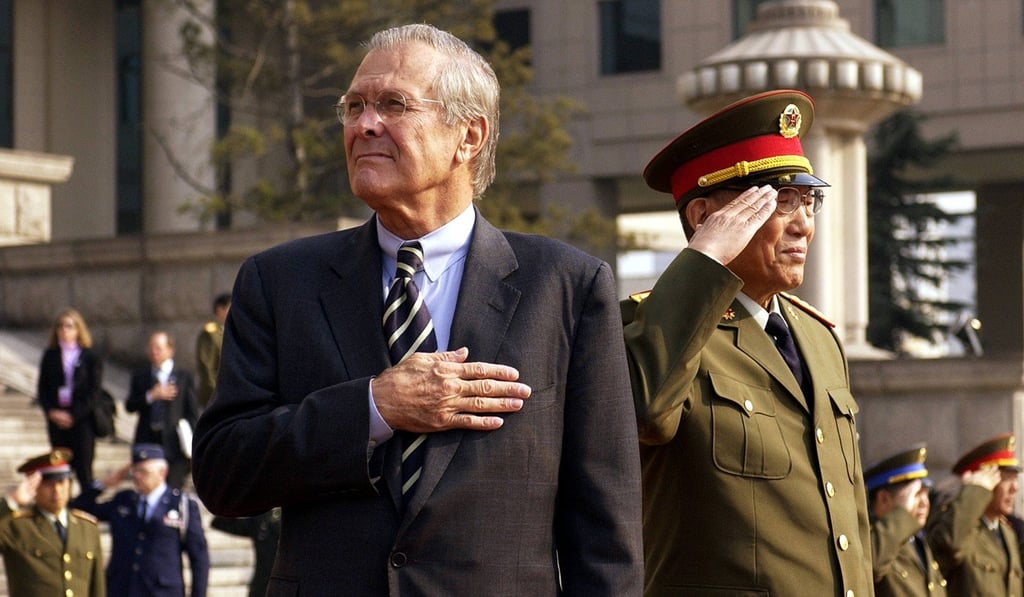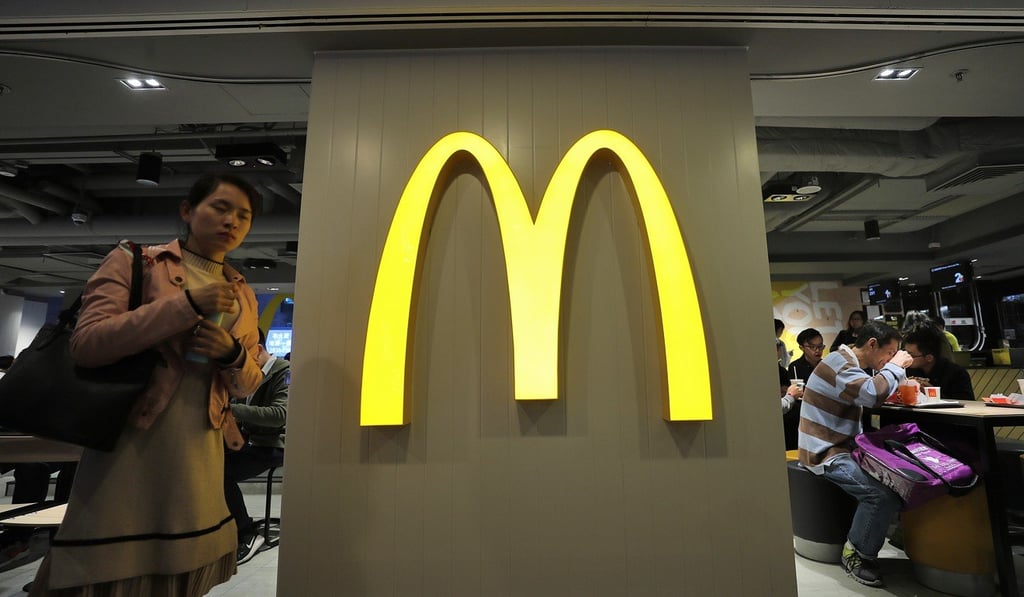One world, two empires: Is China-US conflict inevitable?
Washington and Beijing may not admit it, but the truth is our planet, for the first time ever, is in the sway of two globally entangled empires. Does this brave new era need more ‘cold warriors’ – or an open-minded approach?

We live in discordant times marked by a strange but striking fact: despite visible signs of waning American global power and the birth of a strident global China, few people dare openly use the word empire. It is as if things cannot be called by their proper name.
In China, public talk of empire (dìguó) remains rare. It is a pejorative term directed at others; the word is almost never applied to China itself. State officials and media platforms instead emphasise past victimhood (‘the century of humiliation’) at the hands of Western imperialism. In a case of unexpected symmetry, in the United States, the word empire also triggers embarrassed silence. Americans regard themselves as a benign global power, as a democratic force for good. Former defence secretary under George W. Bush, Donald Rumsfeld, said it clearly: “We don’t seek empires, we’re not imperialistic. We never have been.” His words could just as easily have come from the mouths of contemporary Chinese leaders.

But if by empire we mean a jumbo-sized state that exercises political, economic and symbolic power over millions of people, at great distances from its own heartlands, without much regard or respect for the niceties of sovereignty, then technically both the United States and China are empires. Our planet is falling under the sway of two global empires. Measured in GDP terms, for instance, the American economy currently yields a third of world output. In such fields as telecommunications, pharmaceuticals and aerospace, its global corporations set the pace. McDonald's, Google, Apple and Facebook are globally influential cultural brands. The US is commander-in-chief of the global war on terror. It has military bases and installations in 130 countries. It currently spends more on weapons than the next seven countries combined.

China’s global reach is meanwhile spreading fast. Unusually, the new Chinese empire is deeply entangled with the US and its partners. Beijing-financed mega-projects are reordering the lives of many millions of people, from South Africa, Nigeria and Sri Lanka to Cambodia, Chile and Hungary. The Communist Party-state economy has outflanked the US as the world’s largest trading nation. It is now Africa’s biggest trading partner and rivals the US in Latin America, where Chinese investment, extraction of resources and trade jumped tenfold in the first decade of this century.
